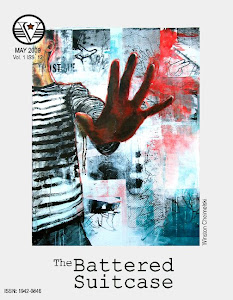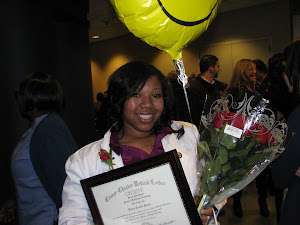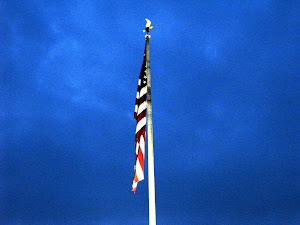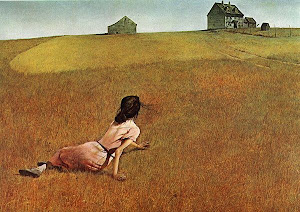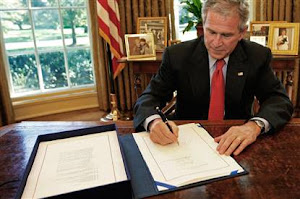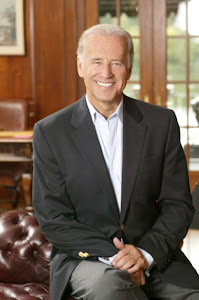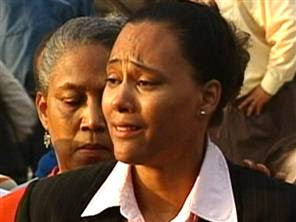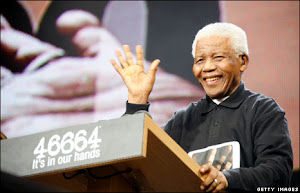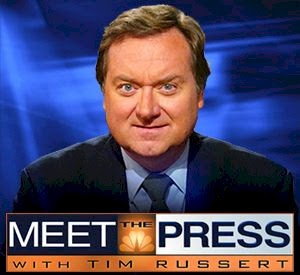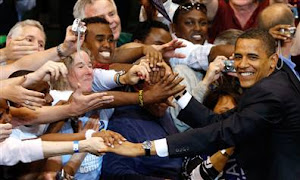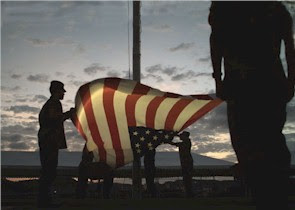 So, my son (who is in college, which may account for the tenor of this story) told me about an upcoming catastrophe. It seems that there is a dark planet hurtling towards Earth. Planet X – or if “Planet X” lacks sufficient credibility for you, we’ll call it by its proper name, Nibiru – hangs out beyond Pluto for about 3,600 years, and then careens into our neighborhood like a drunk driver on a New York sidewalk. This close encounter will cause earth quakes, volcanic eruptions, as well as tsunamis and other violent weather (let’s just call it “yesterday”). The Sumerians (the Ancient ones) knew about this planet. In fact, they believed it was not merely a wayward neighbor, but the Homeworld of aliens (the Ancient ones) who manipulated our DNA, presumably to remake our ancestors in their image or improve us in some other tangible way that we would never have achieved on our own.
So, my son (who is in college, which may account for the tenor of this story) told me about an upcoming catastrophe. It seems that there is a dark planet hurtling towards Earth. Planet X – or if “Planet X” lacks sufficient credibility for you, we’ll call it by its proper name, Nibiru – hangs out beyond Pluto for about 3,600 years, and then careens into our neighborhood like a drunk driver on a New York sidewalk. This close encounter will cause earth quakes, volcanic eruptions, as well as tsunamis and other violent weather (let’s just call it “yesterday”). The Sumerians (the Ancient ones) knew about this planet. In fact, they believed it was not merely a wayward neighbor, but the Homeworld of aliens (the Ancient ones) who manipulated our DNA, presumably to remake our ancestors in their image or improve us in some other tangible way that we would never have achieved on our own.Nibiru is scheduled to move close enough for us laymen to detect it next year. Beginning in 2012 (yes, the year of the cataclysm according to the Maya calendar, astrologers, psychics, and George Bush), the dark planet will come close enough to wreak havoc with our planet. Come 2014, Nibiru will go its merry way, leaving us to deal with the destruction it has visited upon us. If you ask me, that stinks. At least it could magically reverse all the chaos it has caused, like that Jumanji game.
Just like in the movies, the governments of the world know all about it. We know; the Russians know; the French, the Brits, the Israelis and the Japanese know. Hell, even the Portuguese know. NASA knows too. But, do you know who doesn’t know? The man and woman on the street (unless they read the same web sites that my son does), that’s who. Yes, just like in the movies, the government has classified this information in the interest of national security and not creating the mother or all panic/riot/suicidal/planet-worshipping/loot-fests. Do they believe we will become unhinged if we hear that 2/3 of Earth’s population will die in the chain of disasters, and that 1/5 of the remainder will starve? How it stings to be so underestimated.
So, what do we do now (or, in roughly 39 months)? I say we get tough, and get busy. The Sumerians survived, so can we. Wait – what ever happened to the Sumerians? (Googling …) Damn those Amorites! Anyway, they thrived after the passage of Nibiru. Certainly with all our sophisticated knowledge and post-apocalyptic WMD shelters, we should be able to put our collective minds together and build a survival plan without giving up shopping and Sports Center. C’mon, people! Are you with me?
Oh wait! Did I mention the part about the Earth shifting on its axis?
















.jpg)






